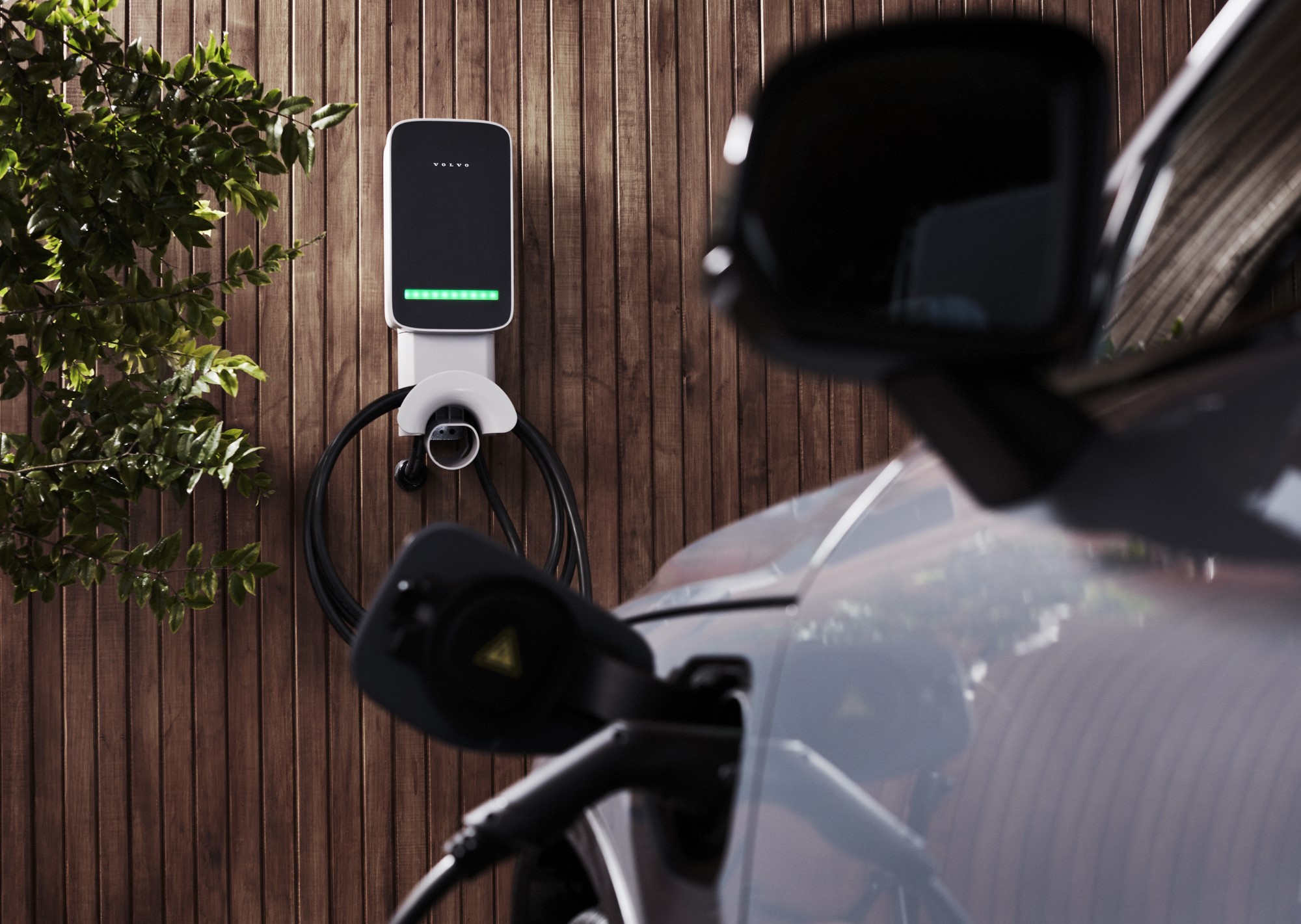McKinsey & Company’s study shall be revealed at C-Move, next March


By Redação AutoIndústria | 2/15/23 | Translated by Jorge Meditsch
A McKinsey & Company consultants’ study foresees that the Brazilian fleet of electric automobiles and light commercial vehicles shall reach some 11 million units, more than 20% of the number of light vehicles currently in the country.
The work, named “Accelerating the Change toward Sustainable Mobility in Brazil”, will be presented at the lecture “The Future of the Energy Matrix in Brazilian Transportation”, which will happen at the first of three 2023 editions of C-Move – Electric Vehicles and Mobility Congress – in Brasília, DF, on March 7 and 8.
“We estimate electric vehicles shall represent 55% of sales by 2040”, says Daniele Nadalin, McKinsey & Company director, who will present the research in Brasília.
Nadalin tells the poll verified that Brazilians are open to mobility technologies that minimize environmental impact: 44% of the interviewed look for a sustainable alternative for their journeys, and 24% consider themselves emission-free mobility enthusiasts, while the worldwide average is respectively 33% and 18%.
Nonetheless, the specialist says the sector will face important snarls on the way to fleet electrification, as the continuity of the educational process about these vehicles operation, “as there are still many doubts from drivers about vehicle costs, batteries lifespan and charge stations” and the need to adequate the cities’ structure.
“Even cities such as São Paulo and Rio de Janeiro don’t have the recharging structure needed for an electric fleet, especially considering intensive use vehicles”.
According to the study, intensive-use vehicles, which ride more than 150 km a day, should lead the Brazilian fleet electrification project.
Currently, the Total Cost of Ownership of a vehicle used this way, including expenses with car purchase, fuel, maintenance and other costs, is practically the same as a combustion driven similar, says the consultant.
According to Nadalin, for consumers that use the vehicle for shorter rides, up to 30 km a day, this parity shall be achieved by 2030.
‘Electromobility is already a reality. In 2022, electric automobile and light commercial vehicle licensing grew 195%, with more than 100 thousand electrified vehicles in the working fleet. This growth shall keep an accelerated pace along the next decade”, says Ricardo Guggisberg, president of the Brazilian Sustainable Mobility Institute and MES Eventos, C-Move organizer.
Nova geração de máquinas e tecnologias adicionais compõem um ecossistema para garantir rentabilidade, produtividade e…
As entregas na região representaram 17,3% dos 1,2 milhão de veículos negociados no primeiro trimestre
Marca vendeu somente 36 veículos no País no primeiro trimestre
Executivo ocupa a vaga de Alfredo Tucunduva, agora na Daimler Truck Locações e Serviços
Importado da China, compacto da Chevrolet terá acabamento específico para o mercado brasileiro
Assim como a Anfavea, o presidente da entidade, Marcelo Godoy, também não apoia pleito da…